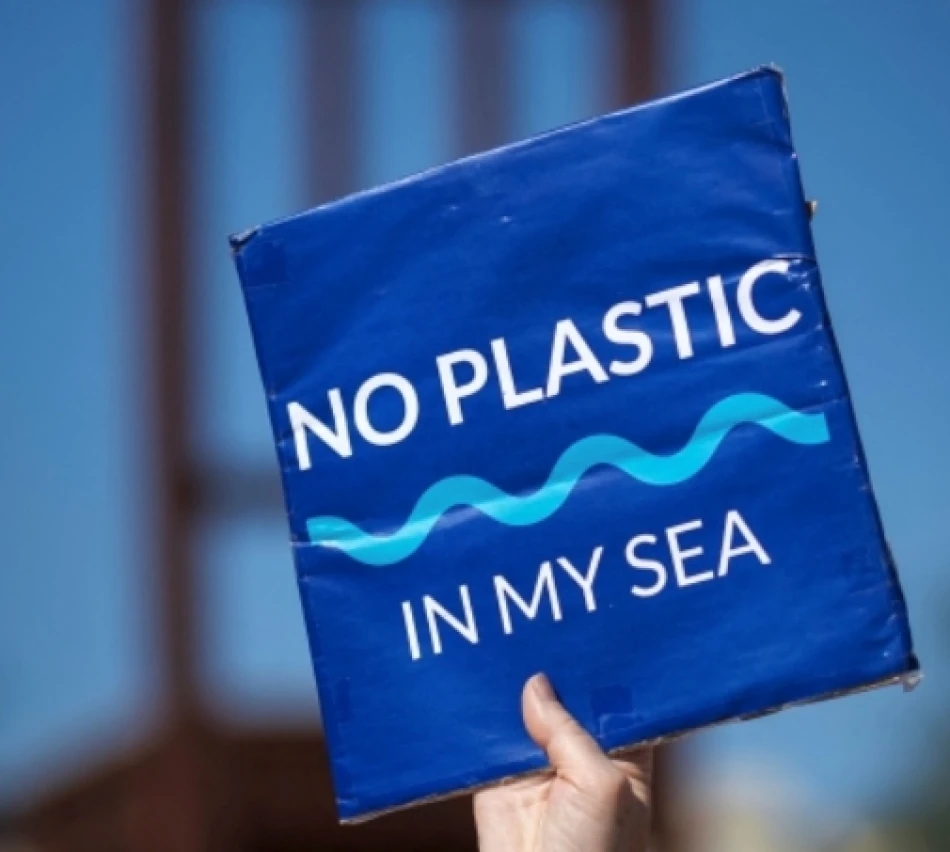
Global Race Against Time in Geneva to Secure Landmark Plastic Pollution Treaty
Global Plastic Treaty Talks Resume as 160 Nations Face Final Push Against Environmental Crisis
Representatives from over 160 countries are gathering in Geneva this week for what may be their last chance to forge a legally binding international agreement to combat plastic pollution. With global plastic waste projected to triple by 2060 without intervention, these negotiations represent a critical moment in the fight against one of the world's most pervasive environmental threats.
The Scale of the Plastic Crisis
The numbers paint a stark picture of humanity's plastic dependency. In 2024 alone, the world produced approximately 500 million tons of plastic, with nearly 400 million tons ending up as waste. This plastic pollution recognizes no borders, contaminating oceans, air, and soil while increasingly infiltrating the food chain and human bodies.
The UN Environment Programme warns that without decisive action, plastic waste volumes could reach catastrophic levels within four decades. This exponential growth trajectory reflects not just increasing production, but also the failure of current waste management systems to keep pace with consumption patterns.
What's at Stake in Geneva
Comprehensive Regulatory Framework
The proposed treaty aims to establish global standards covering the entire plastic lifecycle—from production and design to waste management. This holistic approach marks a significant departure from previous efforts that focused primarily on end-of-life disposal rather than addressing root causes.
Bridging the Regulatory Gap
While the European Union has implemented stringent plastic regulations covering production limits, usage reduction, and disposal requirements across its 27 member states, most of the world operates under far weaker frameworks. The global treaty could help standardize these approaches, though early indications suggest the final agreement may be less restrictive than current EU standards.
Why Previous Efforts Have Fallen Short
The UN Environment Assembly approved negotiations for a plastic pollution treaty in March 2022, signaling unprecedented global consensus on the issue's urgency. However, the most recent negotiating round in South Korea in late 2024 ended without agreement, highlighting the complex economic and political interests at play.
Key sticking points include: Production caps versus voluntary reduction targets, financial responsibility for cleanup costs, and enforcement mechanisms that balance national sovereignty with global environmental protection.
Economic and Industry Implications
A binding international agreement would fundamentally reshape the $600 billion global plastics industry. Companies would face standardized compliance costs across markets, potentially accelerating investment in alternative materials and circular economy solutions. Early movers in sustainable packaging and plastic alternatives could gain significant competitive advantages.
For developing nations, the treaty could provide crucial technical and financial support for waste management infrastructure, while also ensuring they aren't used as dumping grounds for wealthy countries' plastic waste.
The Geneva Gamble
This week's talks carry unusual urgency because momentum for global environmental agreements often proves difficult to sustain across political cycles. With major economies facing domestic pressures and shifting political landscapes, the current window for multilateral cooperation may be narrowing.
Success in Geneva would establish the first legally binding global framework specifically targeting plastic pollution, potentially serving as a model for addressing other transboundary environmental challenges. Failure, however, could set back coordinated international action by years, during which plastic waste accumulation would continue unabated.
The negotiations will test whether countries can prioritize long-term environmental stability over short-term economic interests—a challenge that will define much of 21st-century environmental diplomacy.
Most Viewed News

 Layla Al Mansoori
Layla Al Mansoori






